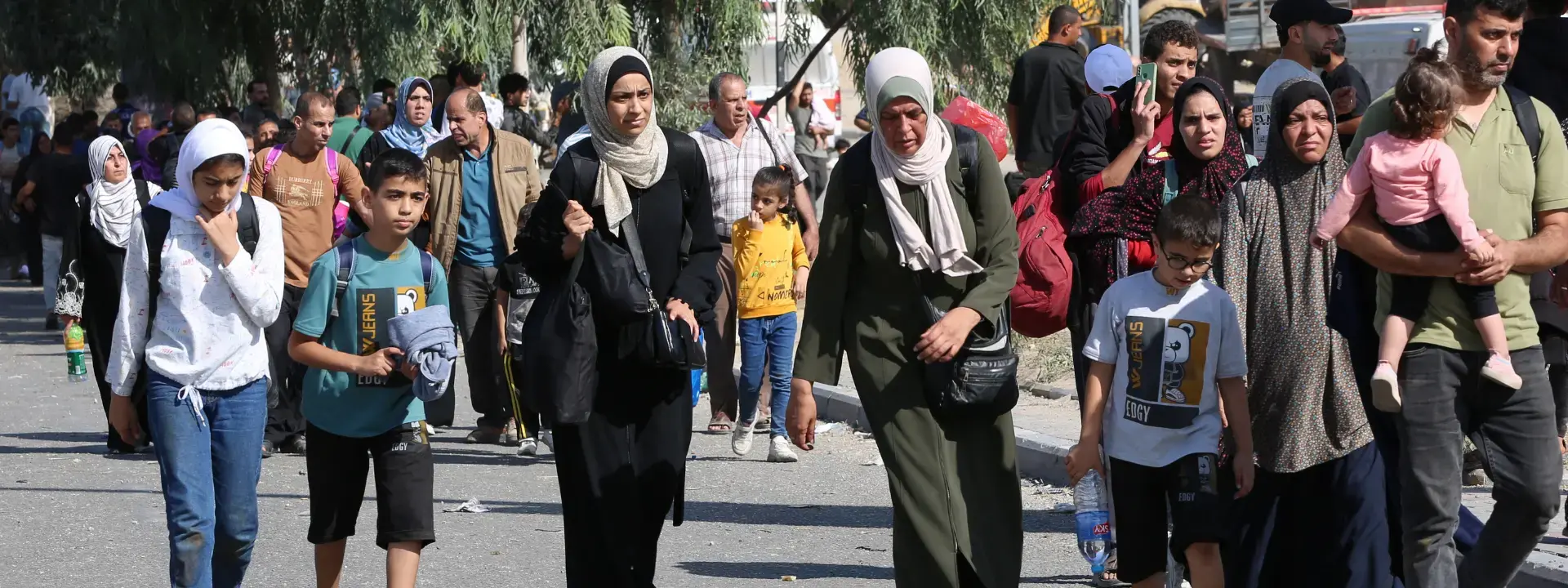The war in Gaza has taken an unimaginable toll on women and girls. Nearly every family has been displaced, some multiple times. Many are now living in overcrowded, makeshift shelters without sanitation or access to food and clean water. Malnutrition and disease are rife.One in every five people in Gaza is facing starvation. For an estimated 55,000 pregnant women and their newborns, every day is a battle for survival. Each missed meal increases the risks of anaemia, miscarriages, stillbirths, undernourished and low birth weight babies.
The health system has come under relentless attack. The majority of hospitals and health facilities are inoperable or only partially functioning, leaving an estimated 155,000 pregnant women and new mothers struggling to access medical care. One in three pregnancies are now high-risk and two in 10 newborns are born preterm or underweight, requiring specialist care that is largely unavailable.
UNFPA’s immediate response in Gaza is focused on ensuring maternal health and services to prevent and respond to gender-based violence continue to operate. During the ceasefire vital maternal health medicines, including for emergency obstetric care, as well as hygiene items, tents, blankets, and winter clothes, were all delivered to people in Gaza. However, unless aid is consistently allowed to enter the Gaza Strip and there is safe, unrestricted access–whether or not there is a ceasefire in place–around 1 million women and girls will be left without the basics to survive.
In the West Bank, displacement, curfews and long-standing and stepped-up movement restrictions are impacting people’s livelihoods, preventing them from reaching schools, workplaces and health facilities–including the 73,000 women who are currently pregnant. UNFPA-supported mobile clinics in the West Bank have reached displaced populations in Jenin and Tulkarm, providing medicines as well as reproductive health services, and UNFPA continues to support midwifery services at primary healthcare centres.


